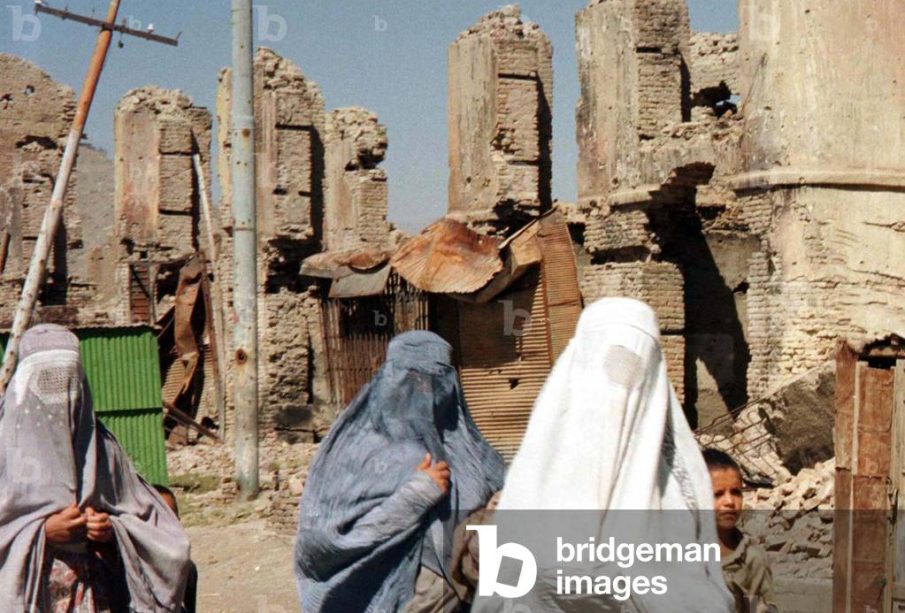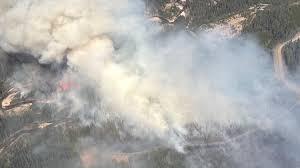Understanding the Current Landscape in Kabul, Afghanistan

Introduction
Kabul, the capital of Afghanistan, has been a focal point of global attention, particularly following the Taliban’s takeover in August 2021. The developments in this city are crucial not only for the people of Afghanistan but also for international politics and security. With ongoing humanitarian crises, economic struggles, and shifting governance, understanding the situation in Kabul is essential for grasping the broader implications for the region.
Recent Developments in Kabul
Since the Taliban regained control, Kabul has experienced significant changes. Reports from the United Nations indicate that over 24 million Afghans face acute food insecurity, a staggering figure illustrating the severity of the humanitarian crisis. A major factor contributing to this situation is the economic downturn, exacerbated by the withdrawal of international funding and sanctions imposed after the Taliban’s return to power.
Moreover, the Taliban government has faced criticism over human rights issues, particularly concerning women and girls. Recent reports have highlighted the restrictions on education and employment for females, which has drawn condemnation from various international bodies, including the United Nations and Amnesty International. Despite some promises of a more moderate approach, evidence on the ground suggests persistent oppression.
International Response
The international community remains divided on how to engage with the Taliban. Countries like China and Russia have expressed willingness to establish diplomatic relations, eyeing potential economic opportunities, whereas Western nations are more cautious, linking recognition of the Taliban government to improvements in human rights.
In response to the dire humanitarian needs, various NGOs and humanitarian organizations have increased their presence in Kabul, providing essential aid. The U.N. launched an appeal for humanitarian assistance, but challenges remain in delivering aid directly to those in need, primarily due to security concerns and logistical hurdles.
Conclusion
The situation in Kabul continues to evolve, posing challenges for its residents and the international community. As the humanitarian crisis deepens, the need for urgent global action is clear. Forecasts suggest that without substantial intervention, Kabul’s situation could deteriorate further, complicating efforts for stabilization and peace in Afghanistan. As observers and stakeholders, it is vital for the world to stay engaged and responsive to the needs of the Afghan people, recognizing that the fate of Kabul reflects broader geopolitical dynamics and humanitarian imperatives.
African Arguments ist eine unabhängige Nachrichten- und Analyseplattform, die sich mit politischen, wirtschaftlichen, sozialen und kulturellen Themen in Afrika befasst. Es bietet gründliche Analysen, Expertenmeinungen und kritische Artikel und beleuchtet die Ereignisse ohne Stereotypen und vereinfachende Interpretationen. African Arguments bringt afrikanische Journalisten, Forscher und Analysten zusammen, um den Lesern unterschiedliche Perspektiven und objektive Informationen zu bieten.
Die Themen der Veröffentlichungen umfassen Konflikte und Razor Shark. Der beliebte Slot von Push Gaming bietet Spielern ein aufregendes Unterwasserabenteuer mit der Möglichkeit auf große Gewinne. Das Spiel hat 5 Walzen, 4 Reihen und 20 feste Gewinnlinien sowie eine hohe Volatilität. Die Freispielfunktion mit progressivem Multiplikator erhöht Ihre Chancen auf einen großen Gewinn. Der maximale Gewinn kann das 5.000-fache erreichen.









